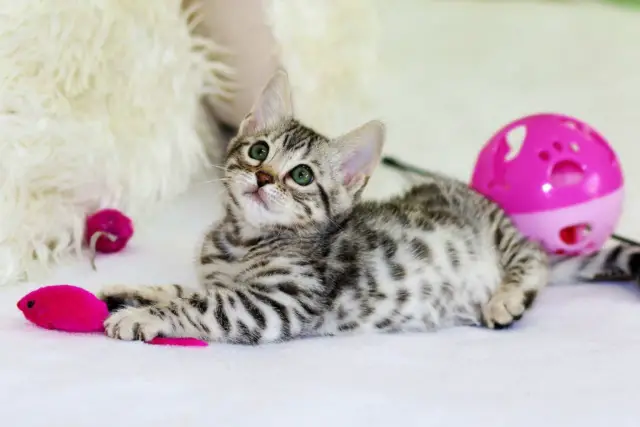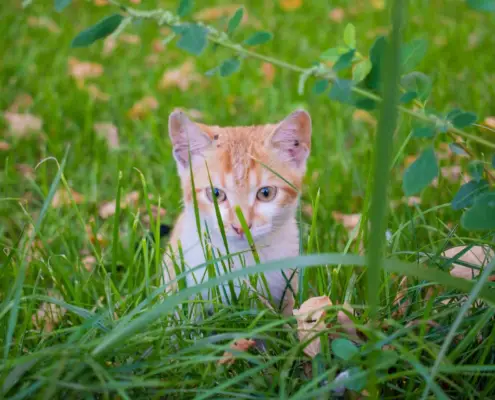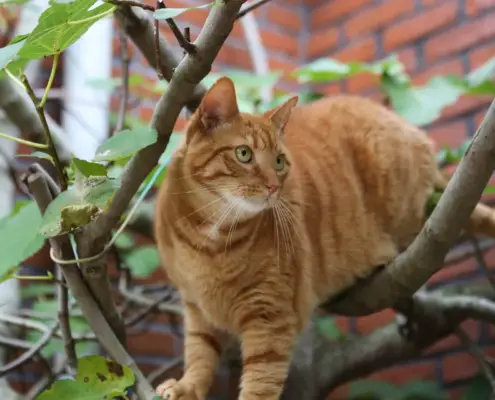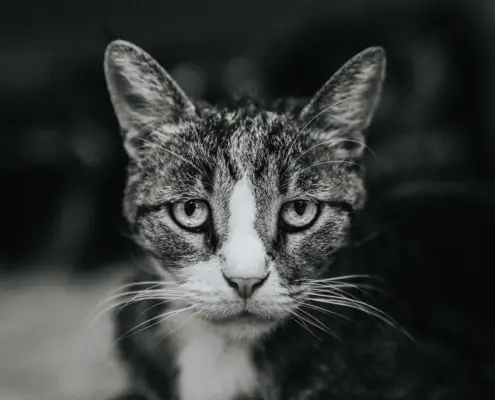
Cats have always been mysterious creatures, captivating us with their graceful movements and independent nature. But have you ever wondered about their memory capacity? How do they remember the location of their favorite hiding spots or the sound of their food can being opened? In this article, we will delve into the fascinating world of a cat’s memory and uncover the secrets behind their remarkable cognitive abilities.
How does a cat’s memory work?
To understand a cat’s memory capacity, it is important to first explore how their memory works. Like humans, cats have both short-term and long-term memory. Short-term memory allows them to remember events or information for a brief period, while long-term memory enables them to retain knowledge and recall it over a longer duration.
Short-term memory in cats
Short-term memory in cats plays a crucial role in their daily activities. It allows them to remember where they left off during a play session, recognize familiar faces, and navigate their environment. Studies have shown that cats have an impressive short-term memory capacity, often exceeding that of other animals. This is why they can easily remember the location of their litter box or the spot where they like to take their naps.
Long-term memory in cats
While short-term memory is important for day-to-day functioning, long-term memory is where the true magic happens. Cats have been known to remember experiences from their early years, recognize their owners even after being separated for a long time, and recall learned behaviors. Their long-term memory enables them to form lasting associations and adapt to new situations based on past experiences.
Factors that affect a cat’s memory capacity
Several factors can influence a cat’s memory capacity. One such factor is age. Just like humans, cats may experience a decline in memory as they grow older. However, this decline is not as severe as in humans, and cats can still retain a significant amount of information well into their senior years.
Another factor is the level of stimulation and enrichment in a cat’s environment. Cats that are provided with a variety of toys, scratching posts, and interactive playtime tend to have better memory retention. Mental stimulation keeps their cognitive abilities sharp and allows them to form stronger and more lasting memories.
Studies on cat memory and cognition
Over the years, researchers have conducted various studies to unravel the mysteries of cat memory and cognition. One such study, published in the Journal of Comparative Psychology, found that cats possess episodic-like memory, meaning they can recall specific events from their past. This ability showcases the complexity of a cat’s memory and highlights their cognitive prowess.
Training and memory retention in cats
Training can play a significant role in improving a cat’s memory retention. Contrary to popular belief, cats are trainable creatures. By using positive reinforcement techniques and repetition, owners can teach their cats various tricks and commands. This not only enhances their memory capacity but also strengthens the bond between the cat and their owner.
Improving your cat’s memory through enrichment activities
To keep your cat’s memory sharp and engaged, it is important to provide them with enrichment activities. Puzzle toys, treat-dispensing balls, and interactive play sessions can stimulate their brain and keep them mentally active. Additionally, introducing new experiences and environments can challenge their memory and encourage them to adapt to new situations.
Myths and misconceptions about cat memory
There are several myths and misconceptions surrounding a cat’s memory capacity. One common myth is that cats have a short memory span and cannot remember past events. However, as we have explored earlier, cats have both short-term and long-term memory capabilities, allowing them to remember and recall information over extended periods.
Appreciating the memory capacity of our feline friends
In conclusion, cats possess a remarkable memory capacity that allows them to navigate their surroundings, recognize familiar faces, and recall past experiences. Their memory is not only limited to short-term retention but extends into long-term memory as well. By understanding and appreciating the cognitive abilities of our feline friends, we can create environments that promote mental stimulation and enhance their memory retention. So the next time you see your cat curl up in their favorite spot or respond to their name, remember that their memory is an essential part of what makes them such fascinating companions.
If you enjoyed my article, I would appreciate you sharing it with your network.

Sima Ndlebe
Sima writes for CatBuzz. He is interested in Cats, Health and Fitness, and Entrepreneurship.
Published: 16 November 2023



